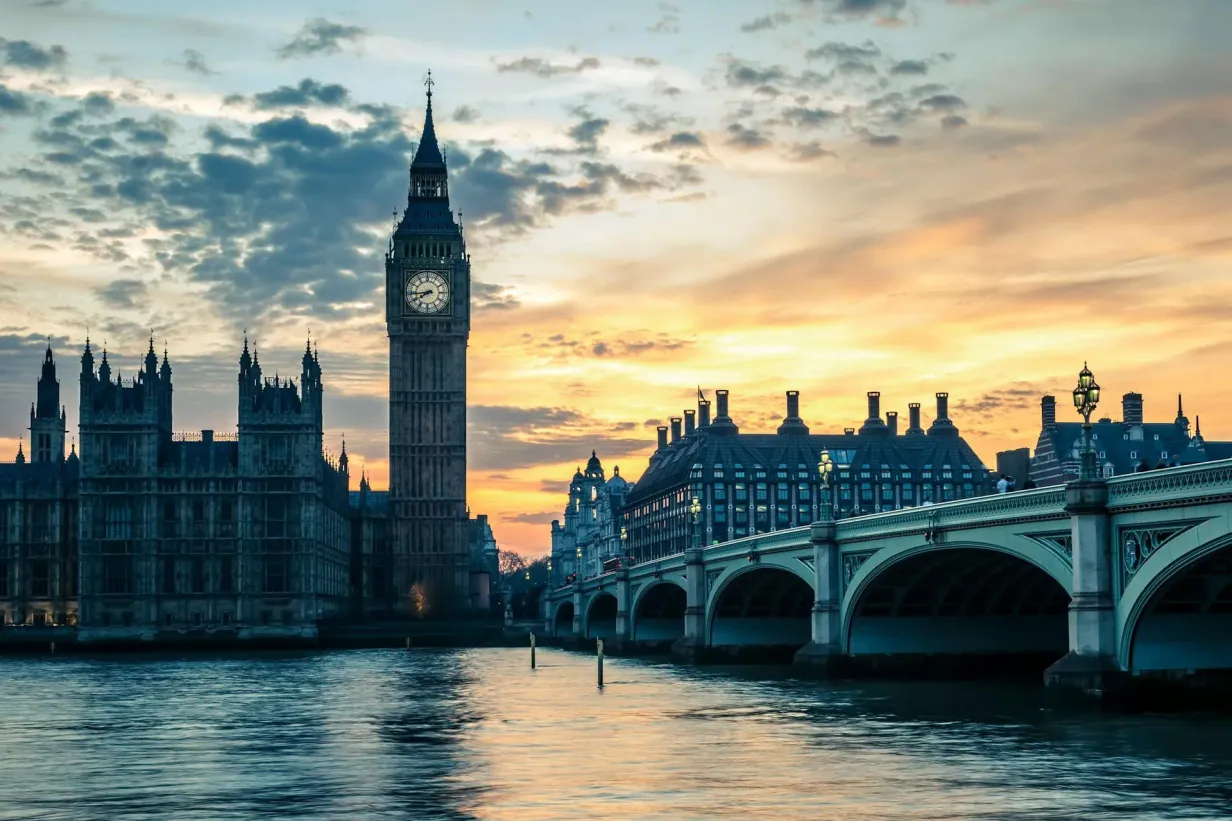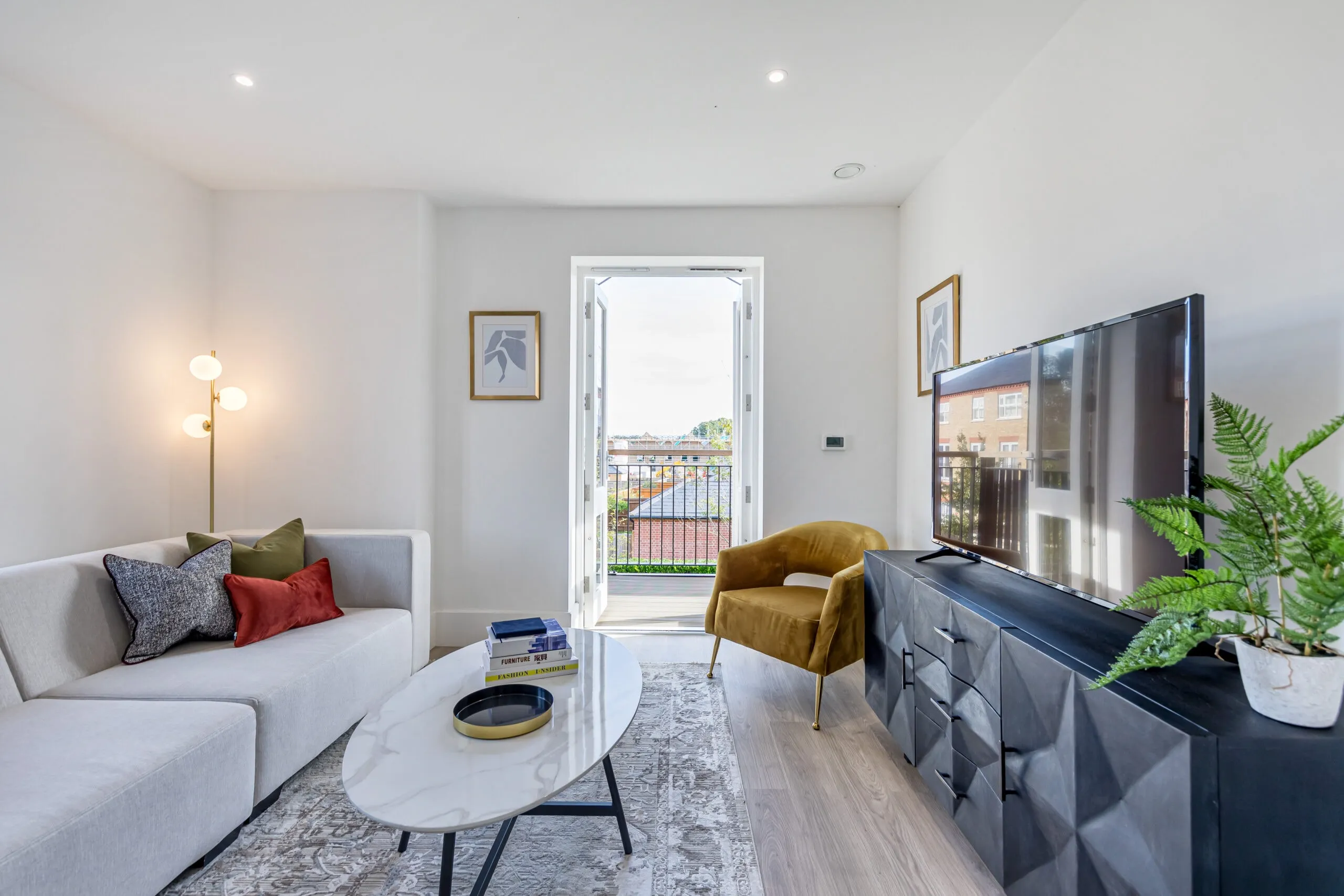Autumn Budget 2024: What do the changes mean for homebuyers?

The housing market is set to see some significant updates next year
Following the change in government earlier in the year, Chancellor Rachel Reeves presented her first Autumn Budget on October 30th 2024, outlining the Labour Party’s key priorities.
Here’s what you need to know about the impact the Budget will have on the housing market.
Affordable housing boost
The Affordable Homes Programme (AHP) is being given a boost of £500 million to take its budget to £3.1 billion in a bid to provide thousands of new homes. Reeves announced that the government will “…provide £3bn worth of support in guarantees, to boost the supply of homes and support our small house builders.”
More information on the affordable housing funding will be released when the government publishes its spring Spending Review next year.
Changes to Stamp Duty
Stamp Duty Land Tax (SDLT) rates will be changing on April 1st 2025. Disappointingly for budding buyers, the current temporary threshold, introduced by the Conservative Government in September 2022, will not be extended. These temporary threshold changes had been implemented to strengthen the housing market, protect associated jobs and businesses, and help aspiring homeowners enter the property market, however, this is now set to end.
The update will reinstate lower thresholds and increase the tax burden on certain buyers, with first time buyers being the most impacted by the change.
Under the existing SDLT thresholds, first time buyers pay zero Stamp Duty on the first £425,000 of any home that costs up to £625,000, however, this will be dropping to £300,000 of any home that costs up to £500,000.
As an example, when these changes come into effect, aspiring homebuyers purchasing their first property will go from paying zero Stamp Duty fees on a home worth £425,000 to paying £6,250.
Nick Lieb, Share to Buy’s Chief Operations Officer comments: “With the Autumn Budget confirming no new Stamp Duty relief for first time buyers, the housing market continues to be a challenging place for those eager to step on the property ladder. This decision leaves buyers facing rising property prices without the buffer of past Stamp Duty breaks, driving many to rush their purchases before further changes come in March 2025.
“In the absence of relief, government support should focus on accessible pathways like Shared Ownership to help first time buyers counteract the growing affordability crisis. In recent years, these schemes have allowed buyers to access properties with deposits and share values considerably lower than traditional purchases, with minimum Shared Ownership deposits in key regions such as the South East currently starting from £1,600 on our property portal.”
To benefit from the existing SDLT rates and relief, hopeful buyers will need to complete on their purchases by the March 31st 2025. Find out more about SDLT rates here.
Reduction to the Right to Buy Discount
Right to Buy allows eligible council tenants to buy their council home at a discounted price. As previously outlined in their manifesto, the new Labour Government will be reducing Right to Buy discounts and allowing councils to reinvest the money raised from Right to Buy sales directly back into new housing development, helping replenish affordable housing stock.
Rachel Reeves commented: “Having heard representations from local authorities, social housing providers and from Shelter, I can today confirm that the government will reduce Right to Buy discounts and local authorities will be able to retain the full receipts from any sales of social housing, so that we can reinvest them back into the housing stock and into new supply.” Additionally, a rent settlement for social housing will be set at the Consumer Price Index (CPI) plus 1% over the next five years in order to provide rental stability for housing providers.
Kate Henderson, Chief Executive at the National Housing Federation, has commented: “We also support the government’s decision to review Right to Buy discounts; with record levels of overcrowding and child homelessness, it is vital we protect our existing social homes.
“We are pleased to see some progress on funding for building safety work in social housing. However, additional long-term funding is key to ensure money is not diverted from existing residents and new social housing.”
Cladding
Following the Grenfell Tower fire in 2017, and the release of the Grenfell inquiry in September this year, the government have pledged £1 billion of investment to remove dangerous cladding from homes in 2025. Reeves commented: “We will also make progress on our commitment to accelerate the remediation of homes following the findings of the Grenfell Inquiry, with £1bn of investment to remove dangerous cladding next year.”
Capital Gains Tax
Capital Gains Tax is owed when someone sells an asset, such as a second home. Where that sale results in a profit, you pay tax on the different between what you initially paid for the asset and what you sell it for.
In the Autumn Budget, Reeves increased the Capital Gains Tax for basic rate taxpayers from 10 to 18%, while higher rate taxpayers have increased from 20% to 24%. This increase will take place immediately and the new rates will match residential property rates which are not changing.
Share to Buy is a one stop shop for affordable homes. On our website, you can search for properties, compare mortgages and find out all you need to know about alternative home-buying schemes such as Shared Ownership via our article index.

